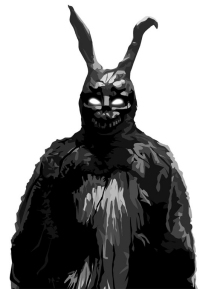Google Penguin Update Draft Checklist

There was another update to the Google ranking algorithm around the 25th April, now called the Penguin Update for reasons known only to Google.
We’re hoping that Google starts showing a little more imagination and labels future updates after famous movie animals eg. Rin-Tin-Tin, Lassie, Miss Piggy, Cujo, Snowie, Nemo, Frank the Bunny and so on.
This update is another attempt by Google to reduce the impact of web spam in the search results and is alleged to specifically target “over optimisation”.
Based on what we have read, tested and witnessed, here are some factors that seem to help your search engine rankings post-Penguin.
- web sites with at least six pages of well written content of 400-800 words per page and lots of related keywords on those pages
- web sites with a frequently asked questions (FAQ) page (from a straight marketing point of view an FAQ page is a good idea anyway)
- web sites with customer reviews or customer testimonials
- web sites with low bounce rates and high reader engagement
- web sites with a contact page with the same street address that appears in Google Places, Yellow Pages and other online directories
- sites with About Us page with pictures and a history of the business
- NO Google Analytics installed
- WordPress sites with the All in One SEO plugin installed and switched on
- Interpage linking with less than text-book quality (random and sometimes illogical), anchor text links to internal pages
In short, Google is starting to favour sites with useful and well structured content broken into logical chunks for readers.
One of the crazier things we have witnessed is that in many cases internal web pages are now ranking better than the home page for the site’s primary search term. This is happening frequently with WordPress category pages.
In other words Google may ignore the home page (probably because it is over-optimised), and now favours more natural internal pages .

